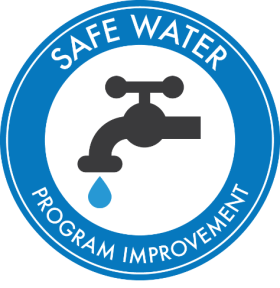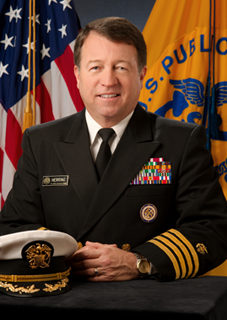
SWPI102: Assessment: Monitor Health
Course Description:
SWPI102: Assessment: Monitor Health is second in a nine-course learning series.
This course covers Essential Service 1 – Monitor environmental and health status to identify and solve community environmental public health problems – and how it can be used to improve the performance of UDWS programs. It also discusses the importance of Community Environmental Health Profiles (CEHPs) and Community Environmental Health Assessments (CEHAs), and how they can impact performance improvement of these programs. Finally, this course provides guidance on including monitoring information from UDWSs and other potential data sources into a CEHP.
Target Audience
Public Health, First Responders, Emergency Response and Preparedness Professionals and Healthcare Practitioners
Learning Objectives
- Define the elements associated with UDWSs in a Community Environmental Health Profile (CEHP)
- Outline a CEHP with examples of each critical element related to UDWSs
- Explain the role of surveillance and how to use a "systems approach" to monitor environmentally-related illness, disease and injury related to UDWSs
- Describe the influence of demographic and socioeconomic characteristics of the population on UDWSs
- Characterize the surrounding environment of UDWSs (geology, land use, proximity to contamination sources, etc.)
- Identify appropriate data sources to monitor health status and environmental health issues related to UDWSs
Instructor:

Captain Michael E. Herring, REHS, MPH (Retired)
Captain Michael E. Herring received a Bachelor of Science degree in Environmental Health from East Carolina University in 1980 and a Master of Public Health degree from the University of Texas Health Science Center at Houston in 1993. He began his career in 1980 as an Environmental Health Specialist with the Durham County Health Department in North Carolina. He was promoted to Environmental Health Supervisor in 1983 and served in that role through 1988 when he accepted a commission with the United States Public Health Service (USPHS).
During his USPHS career, Captain Herring was assigned to various positions throughout the nation with the Indian Health Service, and the U.S. Coast Guard, and the Centers for Disease Control and Prevention (CDC). His diverse career comprised multiple leadership positions including serving as the director of the environmental health program for one of the nation’s largest Alaska Native corporations, serving as chief of the largest environmental compliance program in the U.S. Coast Guard, and serving as a Senior Environmental Health Scientist and team leader of the Training and Technical Assistance Team for the Environmental Health Services Branch of CDC's National Center for Environmental Health.
Throughout his career, Captain Herring also served in numerous leadership roles for various public health and environmental health organizations, committees, and work groups at the national, regional, state, and local levels. Captain Herring retired from the USPHS Commissioned Corps in 2015.
Available Credit
- 1.00 Participation/CETulane Professional and Continuing Education (PaCE) awards 1.00 hour(s) of credit for completing SWPI102: Assessment: Monitor Health
Price
Required Hardware/software
System Settings
This course is designed to work most effectively if your computer and internet connection meet certain minimal requirements. This course can be accessed using a Windows 10 PC or a Mac with High Sierra1, Mojave, or Catalina. Pop-up blockers should be disabled when viewing the course. Internet Explorer 11 (for Windows 10), or the current version of Google Chrome, Mozilla Firefox, or Apple Safari (for Windows 10 and or Mac) is required. Many of our courses require Java and JavaScript enabled.
Links to External Websites
Links to websites outside this course will open in a new window or tab. Some browsers may minimize the course window. If this occurs, maximize the course window to return to the course.
Adobe Acrobat Reader (for desktops and laptops)
Adobe Acrobat Reader is required to access some documents in this course. If you need to download a free copy of Acrobat Reader, click here.
Internet Connection Speed
A minimum download speed of 1.5 Mbps is recommended for an optimal experience, which is commonly the speed associated with a basic DSL or a cellular/satellite connection. A faster connection, such as cable or fiber service, with further enhance your online experience. A Wi-Fi connection is generally acceptable, but it is dependent upon one of the two services mentioned above. You can check your internet connection speed at http://www.speedtest.net/.

 Facebook
Facebook X
X LinkedIn
LinkedIn Forward
Forward